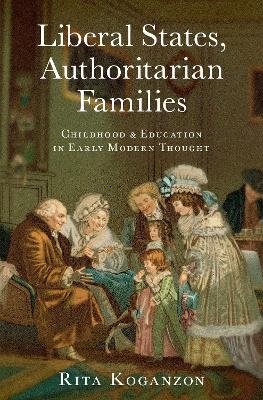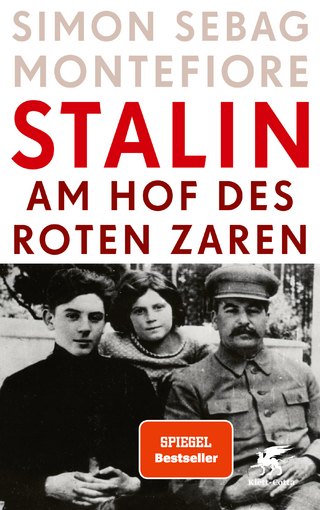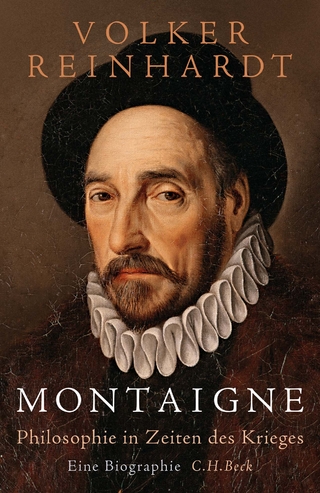
Liberal States, Authoritarian Families
Oxford University Press Inc (Verlag)
978-0-19-756880-4 (ISBN)
In Liberal States, Authoritarian Families, Rita Koganzon rejects this impulse, demonstrating that it rests on misunderstanding and neglect of the arguments of early liberals--specifically John Locke and Jean-Jacques Rousseau--about what kind of upbringing and education liberal regimes require. Koganzon shows that not only did early liberals emphatically deny the possibility of congruence between pedagogical and political authority, but they counterintuitively demanded that parents and teachers exercise extensive personal authority over children, while denying the legitimacy of such authority over adults in politics. While contemporary theorists argue that the family should be democratized to reflect the egalitarian ideals of the liberal state, this book argues that the desire for "congruence" between familial and state authority was originally illiberal in origin, advanced by theorists of absolute sovereignty like Bodin and Hobbes. Early liberals opposed modelling the family on the state, even on a democratic, egalitarian state, because they viewed the "authoritarian" family as a necessary educational buttress for children against the new fashionable forms of social tyranny that liberal, commercial states would develop. Unlike the old authorities, these forces might leave our bodies and properties alone, but they would subtly and forcefully shape our understandings, subjecting us to a new tyranny of public opinion. Koganzon finds that the educational writings of early liberals reveal an important corrective insight for modern liberalism: authority is not the enemy of liberty, but a necessary prerequisite for it.
Rita Koganzon is the associate director of the Program on Constitutionalism and Democracy and Assistant Professor of Politics (General Faculty) at the University of Virginia. Her research focuses on the themes of education, childhood, authority, and the family in historical and contemporary political thought. Her research has been published in American Political Science Review, Review of Politics, and History of Education Quarterly, as well as in several edited volumes, and she contributes book reviews and essays to Hedgehog Review, National Affairs, The Point, and Chronicle of Higher Education, among others.
Acknowledgments
Abbreviations
Introduction
The Rise of Sovereignty and the Logic of Congruence
Hobbesian Sovereignty and the Denaturalization of Authority
Locke and the Authority of Opinion
Locke's Authoritarian Education
Rousseau and the Authority of Opinion
Rousseau's Authoritarian Education
Conclusion
Notes
References
Index
| Erscheinungsdatum | 02.06.2021 |
|---|---|
| Verlagsort | New York |
| Sprache | englisch |
| Maße | 241 x 157 mm |
| Gewicht | 499 g |
| Themenwelt | Geisteswissenschaften ► Geschichte ► Allgemeines / Lexika |
| Geisteswissenschaften ► Philosophie | |
| Sozialwissenschaften ► Politik / Verwaltung ► Politische Theorie | |
| ISBN-10 | 0-19-756880-7 / 0197568807 |
| ISBN-13 | 978-0-19-756880-4 / 9780197568804 |
| Zustand | Neuware |
| Informationen gemäß Produktsicherheitsverordnung (GPSR) | |
| Haben Sie eine Frage zum Produkt? |
aus dem Bereich


